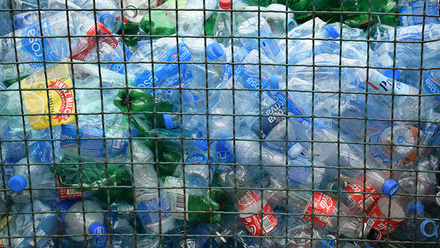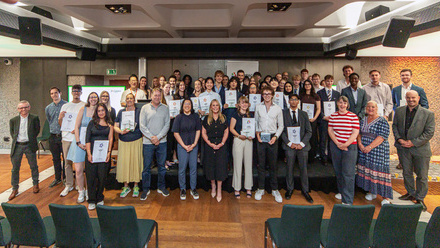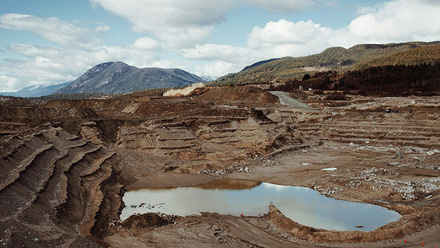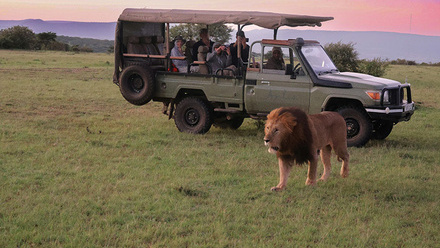Honorary Fellows Q&A – Professor Julian Allwood FREng CEng HonFIMMM
Natalie Daniels speaks with Professor Julian Allwood FREng CEng HonFIMMM about his background and career and how it feels to be recognised as an Honorary Fellow of IOM3.
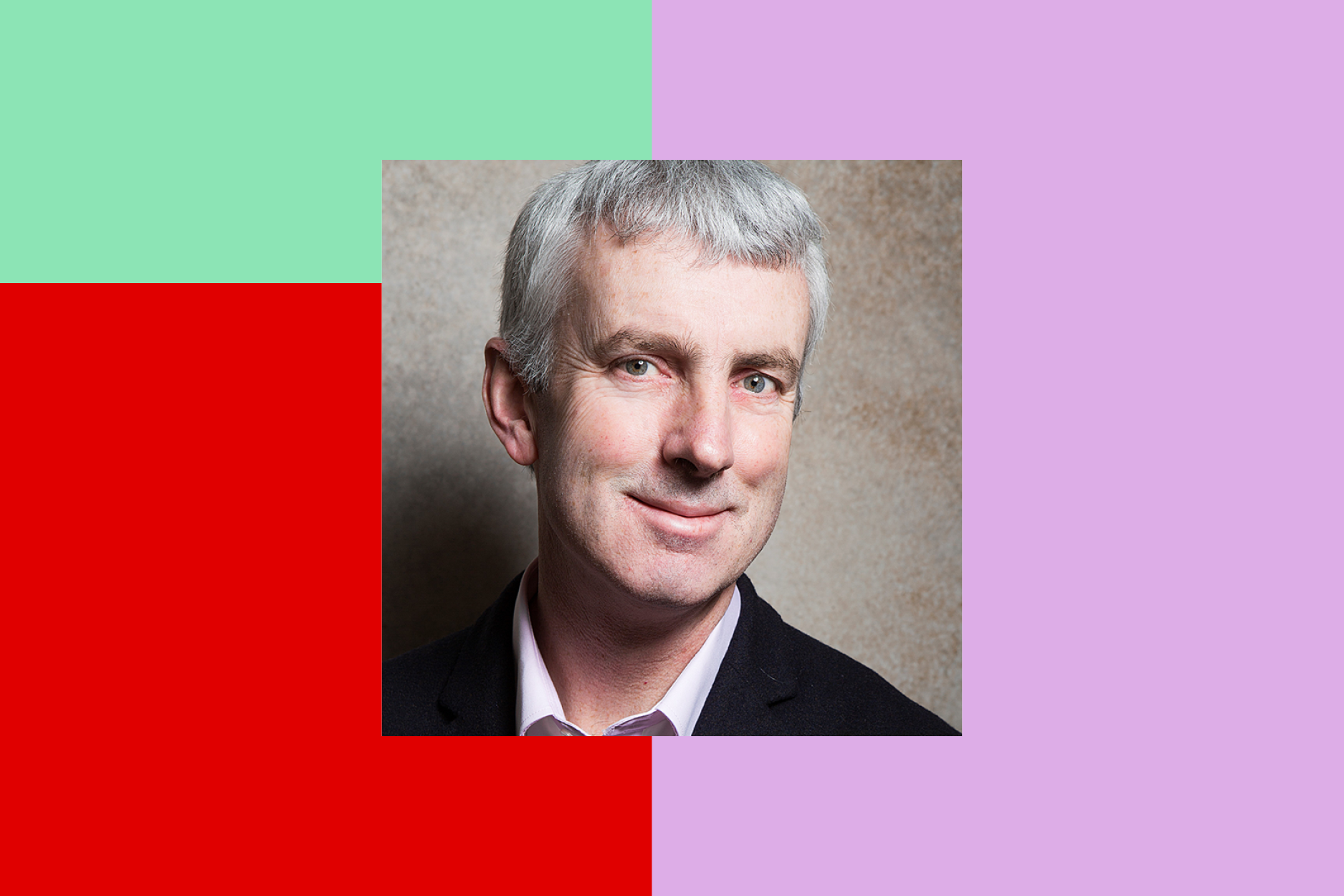
Honorary Fellows Q&A – Professor Julian Allwood FREng CEng HonFIMMM
Tell us about your background and career.
I knew I was an engineer from the age of around four. I was runner up in the BBC’s Young Scientist of the Year at 15 and soldered together a kit Acorn computer (with 2K memory) bought with the prize money. I did the general engineering course at Cambridge followed by a PhD in Control Theory at Imperial College London, UK, hoping that it would be an integration of mechanics and automation. It turned out to require much more maths, so I switched to working on modelling of the flat rolling process.
This was sponsored by Alcoa and involved many visits to their extensive research labs in Pittsburgh. I enjoyed this, but found no personal motivation in it, so while casting around for other ideas, I did a few years as a part-time student at the Guildhall School of Music and Drama, took an MBA at Imperial, married, had children and became a lecturer in Mechanical Engineering at Imperial.
I still didn’t really find a strong research theme, but on moving to Cambridge was pointed towards sustainable manufacturing eventually leading to two themes – inventing new materials processing techniques that reduce material input requirements, and the whole-systems analysis of material use.
By 2008, I could articulate the need for ‘material efficiency’ as a component of climate mitigation and re-branded my research group the ‘use less group’. Since then we’ve had a really fruitful time, attracting great people into the group, being lucky with some funding applications, finding some really stimulating collaborations, and developing a clearer sense of how we can contribute to industrial and government strategy.
What has been the highlight of your career?
It’s now. Until I was about 40, I didn’t really have a direction of travel, but since then, things have continued expanding. Our book, Sustainable Materials: With Both Eyes Open, was an important marker in developing our profile, but I’m always most excited about what we’re currently working on. Over the last two years, we’ve had a rich period of innovation, having recognised that the techno-optimistic rhetoric of climate mitigation policy will not deliver because it cannot scale sufficiently or be deployed rapidly enough. As very few others have yet woken up to that reality, we’ve had a clear run at a whole new range of opportunities for materials processing (last year we filed the patent application for the world’s first truly zero emissions cement) and for entrepreneurship.
How did it feel to be recognised as an Honorary Fellow of IOM3?
Humbling. I find materials scientists impossibly clever, so being essentially a rather inter-disciplinary engineer, I always feel I don’t know enough when meeting other IOM3 members. My perception is that materials science has narrowed significantly towards a strong focus on inventing new materials, where it previously had a more holistic view of the entire materials chain. We need to re-expand the subject, particularly as the urgent realities of mitigating climate change will require that we rapidly reduce total volumes of material production and make much better use of current stocks.
What are the priorities for your area of expertise and how in your opinion can they be achieved?
Mitigating climate change fast enough requires that we stop fantasising about CCS (it will take too long to scale), biofuels (we haven’t enough biomass) and hydrogen (it needs too much electricity), and instead recognise that we must transition rapidly into an all-electric world, powered by less non-emitting electricity than we’d like to have. That presents a big challenge to today’s industrial habits, but therefore is a huge opportunity for innovation. Rich fields for materials science include up-cycling metals by finding new processes to control composition during recycling and electrifying the chemicals industry. There are endless engineering opportunities around designing better goods (with less material) that last longer.
What should professional bodies such as IOM3 be doing to encourage younger people into a science, technology, engineering, and mathematics (STEM) career?
Engineering still has a major gender gap to our detriment, so our top priority must be to support a transformation of Physics teaching in schools to remove the current gender gap in A level Physics. One opportunity that I’d like to be involved in is to find new means to connect the science of Physics to its societal application. A particular focus for my group at present is that the National Curriculum contains brief references to climate science but none at all to mitigating climate change – yet today’s secondary school pupils will be the country’s managers in 2050, by which time we are legally committed to living with zero emissions. I suspect that bringing this motivation into the way we teach Physics could make this subject more compelling.



